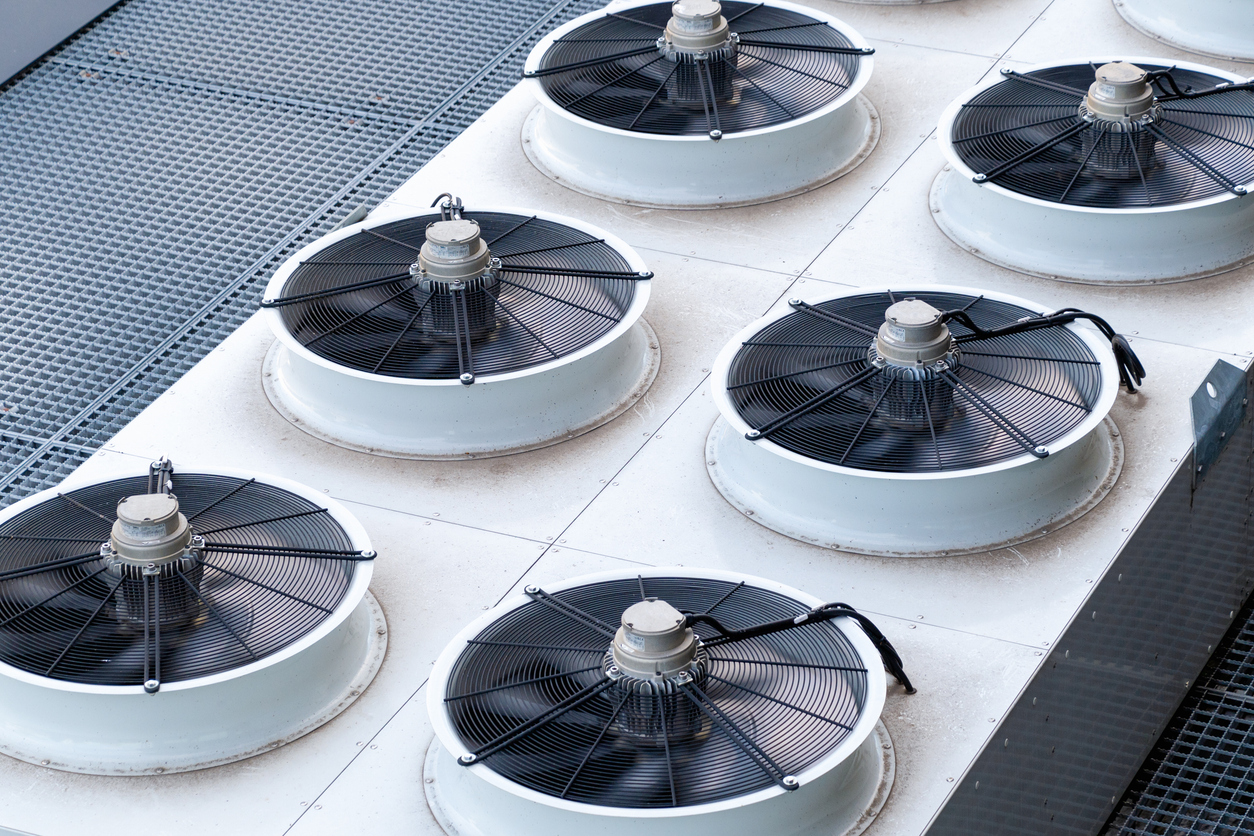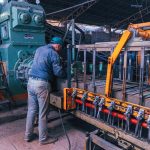As summer temperatures rise, the demand placed on chiller systems can grow considerably. While many businesses rely on chillers all year round, the warmer months often expose inefficiencies, hidden faults, or older systems that no longer perform as they should. This is why summer is often the best time to consider an upgrade, especially for industries where precise temperature control directly affects performance, safety, or output.
Chiller upgrades aren’t just about replacing faulty units. They’re also about improving energy efficiency, meeting modern environmental standards, and supporting business growth. Below are five types of businesses that often benefit most from chiller upgrades during summer.
1. Manufacturing Facilities
Manufacturers often run around the clock, meaning their cooling systems need to be both reliable and efficient. In the summer, older or underpowered chillers can struggle to keep up, leading to inconsistent temperatures on the production line, overheating machinery, and unwanted downtime.
Upgrading to a newer chiller model, especially one tailored to the specific heat load of the facility, can help maintain stable operations even during peak conditions. Whether it’s an air-cooled or water-cooled unit, choosing the right capacity and modern control system makes all the difference. Many manufacturers now turn to glycol chillers for additional flexibility and lower maintenance in high-demand environments.
Aside from the production floor, areas like quality control labs or tool rooms also require steady cooling. If the same ageing system serves these zones, they can experience a knock-on effect from inefficiencies elsewhere. Segmenting cooling with modern units designed for zoned performance is another route many manufacturers take.
2. Food and Beverage Companies
Summer brings higher spoilage risks, especially for businesses that store or process perishable goods. Breweries, dairies, bottling plants, and food manufacturers all rely on chillers to keep ingredients and finished products at safe temperatures. When older systems are pushed harder by outside heat, the result can be more than just energy waste, it can lead to product loss.
Modern HVAC chillers designed for the food and drink sector offer rapid cooling and better temperature regulation, making them ideal for summer conditions. In some cases, an upgraded system will pay for itself quickly in the form of reduced waste, better process control, and energy savings.
Glycol chillers are often the system of choice in breweries and similar businesses, as they maintain low and stable temperatures across multiple tanks or zones. With digital control features and remote monitoring, newer models also make it easier to keep a close eye on performance and spot potential issues before they become a problem.
3. Data Centres and IT Facilities
While many data centres already invest heavily in climate control, the increasing intensity of summer heat waves and rising server loads can expose the limits of ageing or poorly maintained systems. Chiller upgrades in this sector are often driven by a need to reduce risk rather than react to failure. It only takes a short period of overheating to cause lasting damage to sensitive equipment or interrupt service.
Modern HVAC chillers, particularly those designed for data centre environments, often feature redundancy options, intelligent load management, and energy-efficient components. Heat pumps are also growing in popularity, offering year-round climate control with better sustainability performance. A system designed to operate in extreme conditions can act as both a cost saver and a protective measure for vital IT infrastructure.
Even smaller server rooms in office buildings are beginning to experience the strain of higher summer loads. As more businesses move toward hybrid and cloud-based operations, server spaces that were once modest in function are now far more central. Upgrading chiller capacity or switching to modular cooling systems is becoming increasingly common in this context.
4. Plastic Injection Moulding Companies
Chiller systems play a key role in plastic injection moulding, helping to cool the moulds and control temperatures throughout the production cycle. Without proper cooling, moulding defects, warping, or longer cycle times can affect the quality and consistency of output. In summer, higher ambient temperatures can further complicate the process, placing older chillers under added pressure.
Many plastic manufacturers find that upgrading to a modern recirculating or process chiller improves not only reliability but also throughput. These chillers provide consistent temperature control and can often be fine-tuned to suit specific resin types and product designs.
Heat recovery features are another factor worth considering. With newer water chiller systems, excess heat can sometimes be reused for other facility needs, offering both environmental and cost advantages. In an industry where consistency and precision are everything, having a high-performance chiller in summer is as important as the injection equipment itself.
5. Hospitality and Event Venues
From hotels and spas to function centres and indoor arenas, customer comfort is directly tied to effective climate control. During hot weather, guests are more sensitive to poor air conditioning or overly warm interiors. Venues that rely on old or struggling chiller systems may face complaints, negative reviews, or lost bookings if cooling is inadequate.
Upgrading a chiller in this context isn’t just a technical decision—it’s part of delivering a quality experience. Air-cooled chillers are often used in hospitality settings due to their simplicity and ease of installation, while water-cooled systems may be chosen for larger spaces with higher demands. Heat pumps also offer flexible cooling and heating for venues looking to reduce emissions while maintaining year-round comfort.
Some event venues even invest in portable chiller units to support temporary spaces or large-scale summer events. These can supplement existing infrastructure without the need for major structural changes, offering a more adaptable approach to cooling when demand spikes.
Conclusion
The heat of summer brings a host of challenges to businesses that rely on chillers, from rising energy costs to unexpected breakdowns. But it also brings an opportunity. Upgrading your industrial cooling system before peak demand hits can prevent disruption, protect equipment or stock, and deliver long-term savings.
Whether you run a busy production facility, a data centre, or a hospitality venue, now is the right time to assess whether your cooling system is fit for the job. A modern chiller offers more than just better performance—it provides peace of mind, improved efficiency, and support for future growth.













